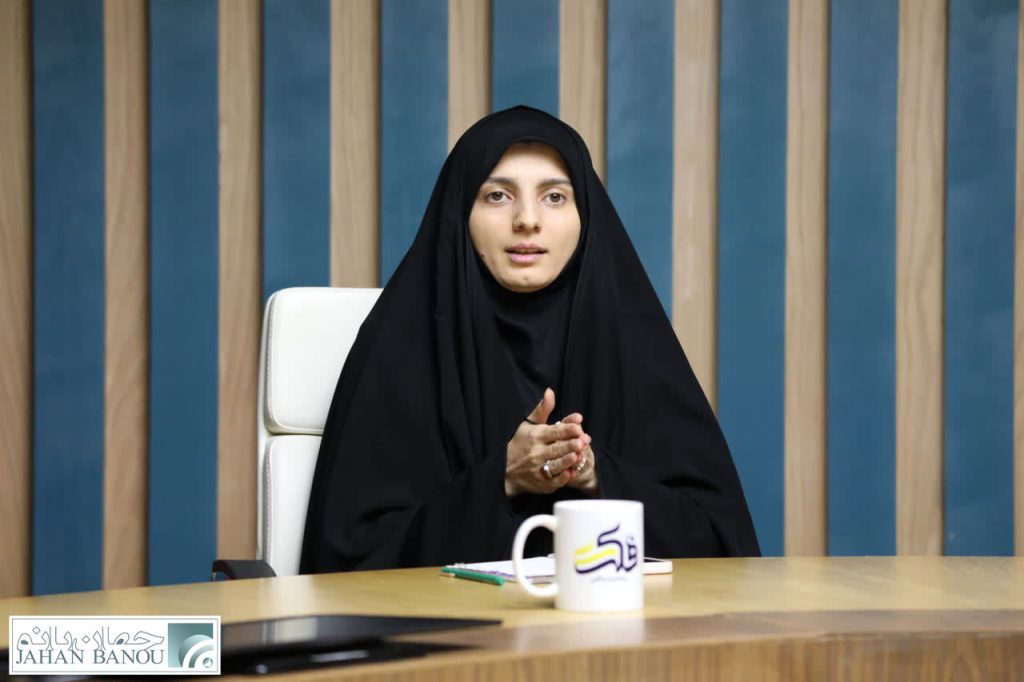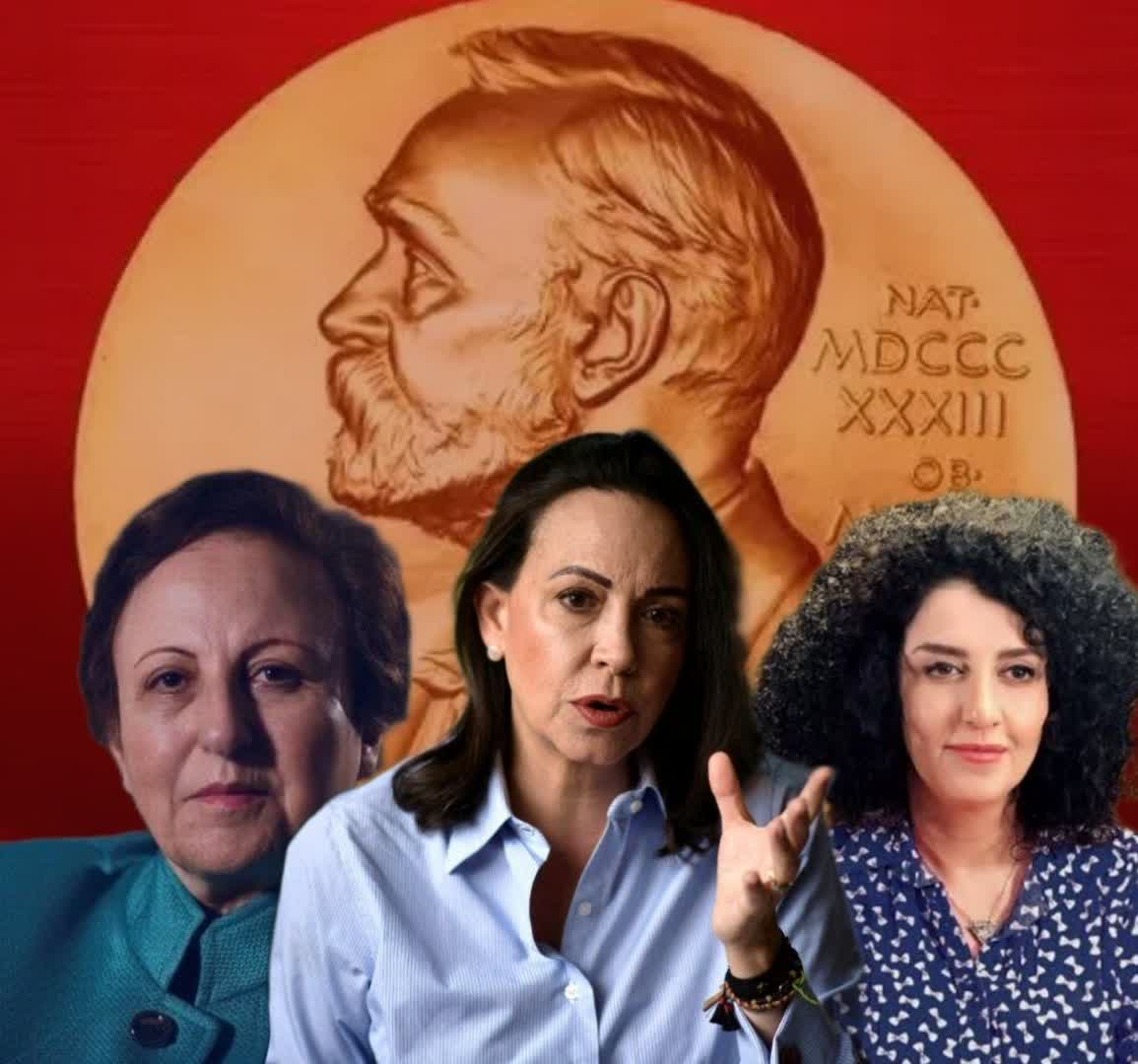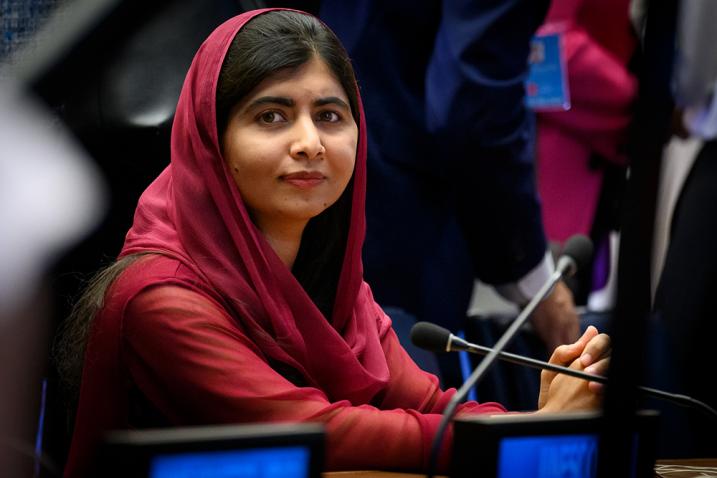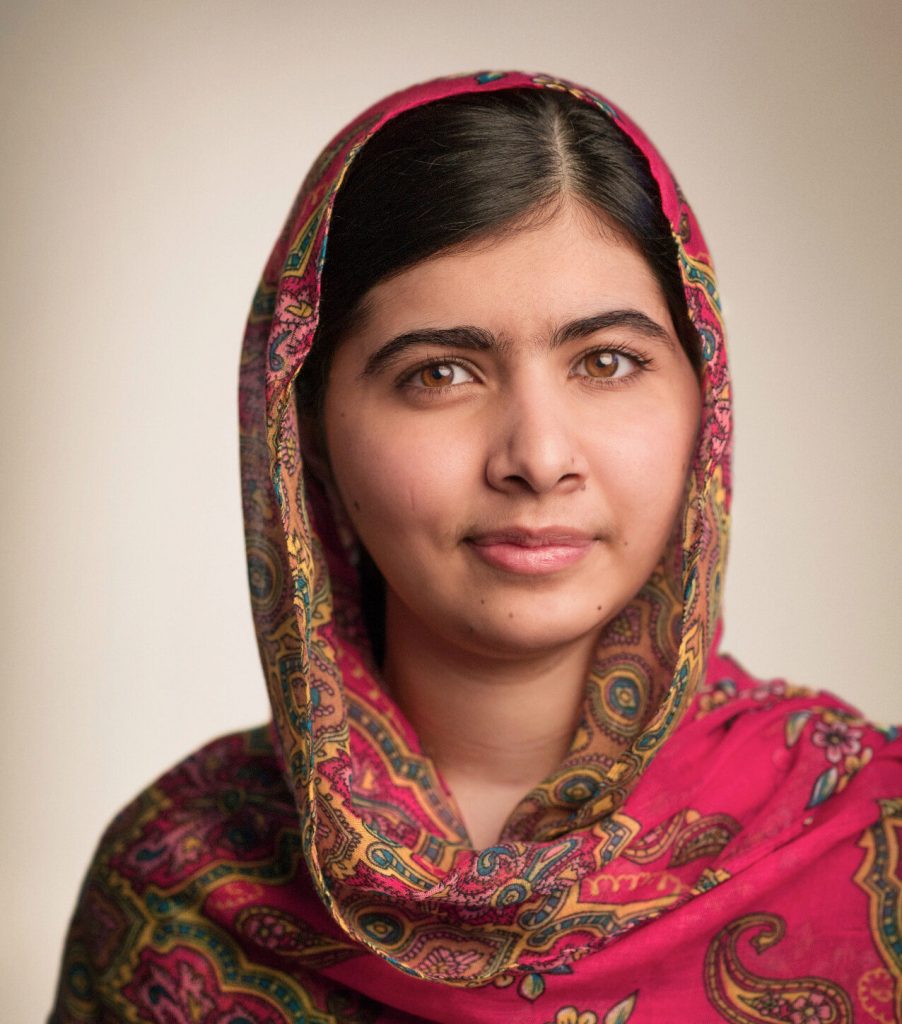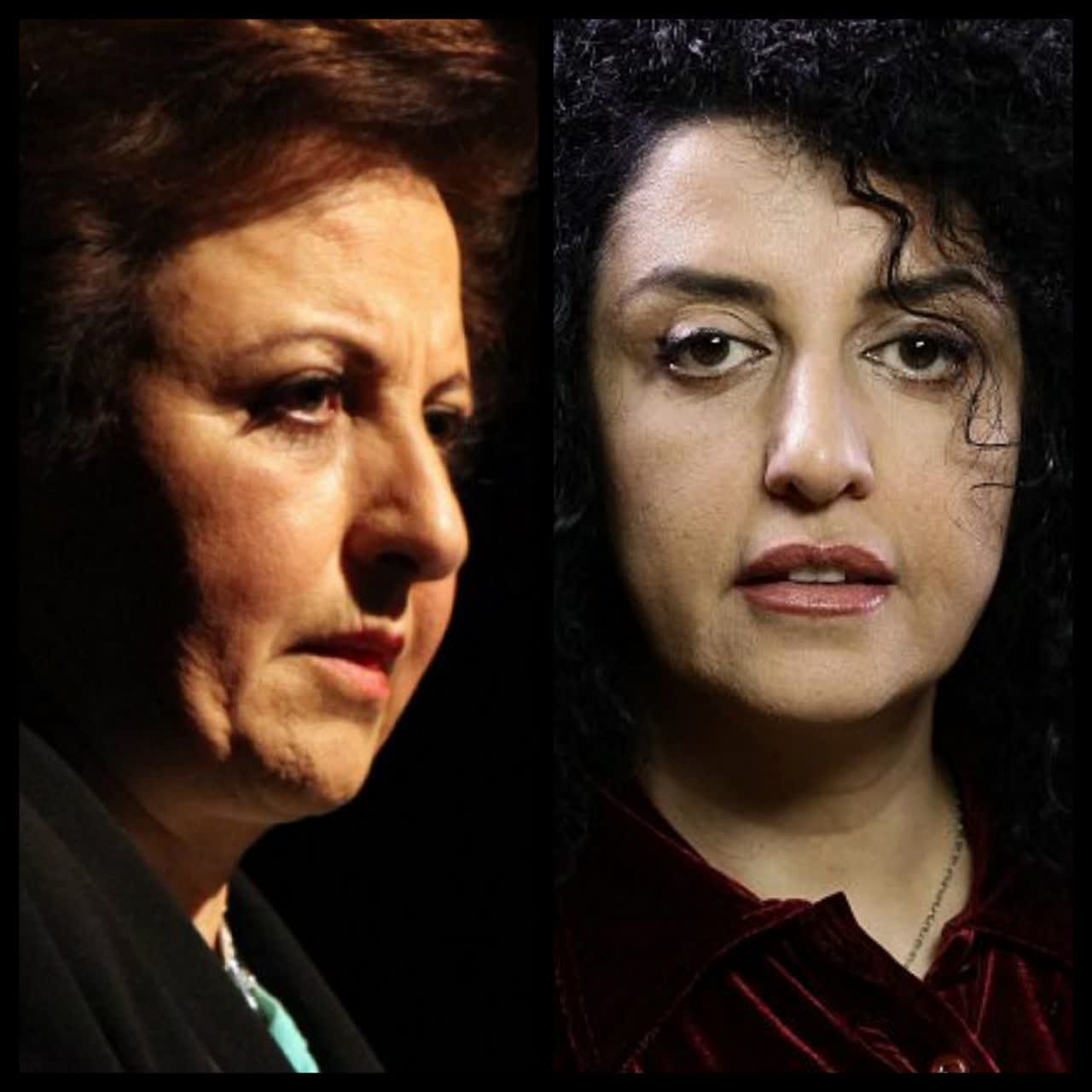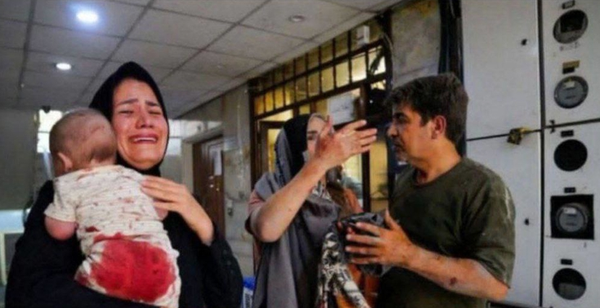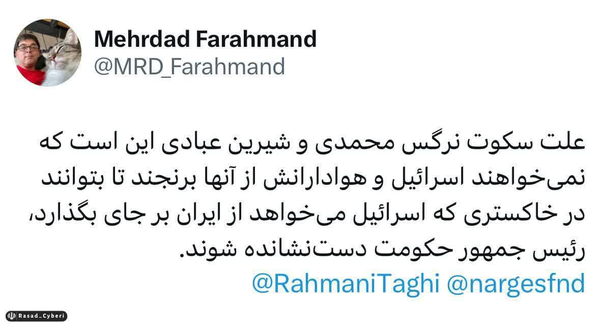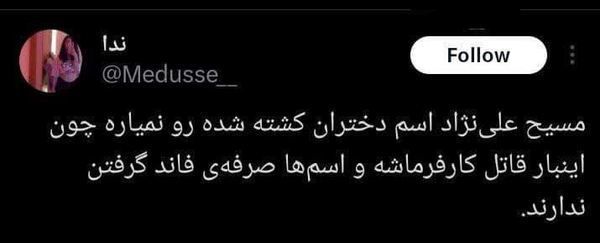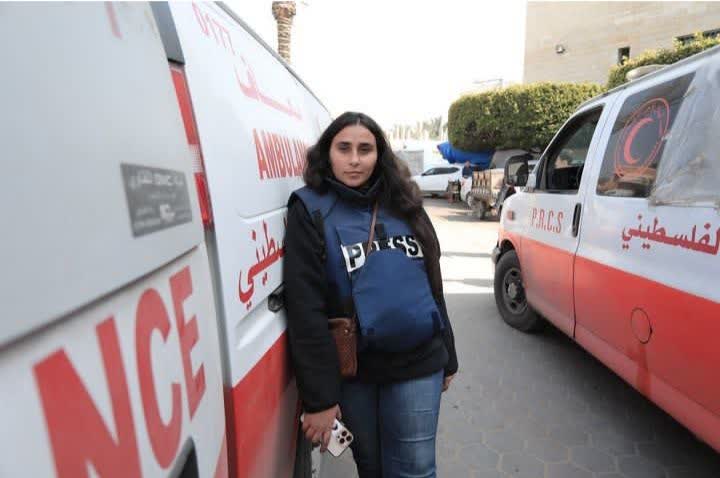A roundtable discussion titled “From Nobel Peace to the Killing of Civilians: Sudan and the Domino Effect of Women’s Leadership Projects” was recently held by Fekrat Media at the House of Thinkers in Tehran. The session examined how global narratives surrounding women’s empowerment can intersect with — and sometimes unintentionally reinforce — political instability and external intervention in Muslim-majority societies.
Revisiting the Idea of “Eastern Colonial Feminism”
Dr. Fatemeh Raigani, the primary presenter, together with Dr. Fatemeh Sadeghi and Dr. Atefeh Khademi, focused on the relationship between colonial feminism, Muslim women’s identity, and international policy agendas.
Raigani argued that when women’s movements lack a grounded political awareness and theoretical foundation, they may be absorbed into larger geopolitical strategies:
“The narrative of saving Eastern women from Eastern men has too often served as a justification for Western cultural and political intervention.”
She stressed that this framing reduces women in the Global South to silent victims, while overlooking their social agency and historical complexity.
Sudan’s 2019 Uprising: A Case of Energies Redirected
Referencing the 2019 Sudanese protest movement, where women played a visibly leading role, Raigani noted that despite powerful symbolism, the uprising did not yield proportional gains in education, healthcare, or economic participation.
The collective momentum of women activists, she said, was ultimately absorbed into cycles of instability and violence.
According to Raigani, this raises a core question:
Do movements framed as “women’s liberation” necessarily lead to empowerment, or can they be redirected to serve external political ends?
Muslim Women and Transnational Identity
Raigani suggested that Arab women often share a transnational cultural identity rooted in a shared historical experience, while in Iran, such a collective identity has not fully developed.
Without this sense of interconnectedness, she argued, women’s activism risks becoming isolated, reactive, and vulnerable to co-option.
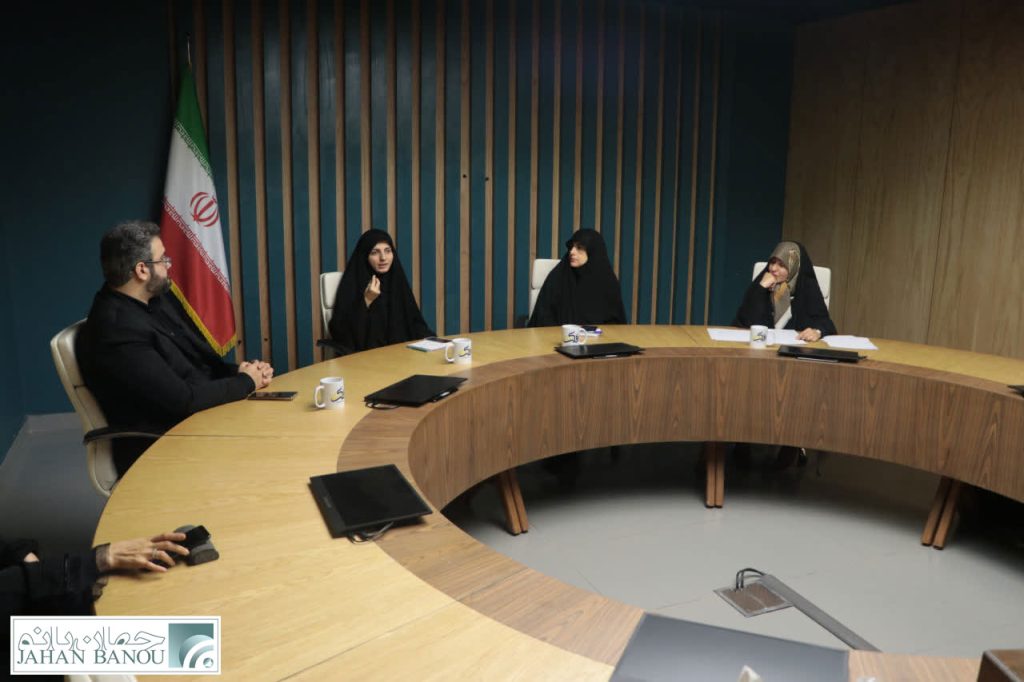
Iran’s Internal Debates on Women’s Rights
Regarding Iran, she described two dominant approaches:
- A conservative view that denies women’s structural challenges, and
- A reformist view that adopts Western policy models without cultural adaptation.
This tension, she said, contributes to a deep sense of dissatisfaction among women, even in the presence of major gains in education and professional achievement.
Theoretical and Literary Context
Raigani referenced the works of Gayatri Spivak, Lila Abu-Lughod, and Sara Farris, particularly the concept of femonationalism — where Western governments invoke women’s rights to justify anti-immigration and Islamophobic policies.
She also cited Iranian literary figures Simin Daneshvar, Ghazaleh Alizadeh, Shahrnush Parsipur, and Mahmoud Dowlatabadi, who portray women as active agents, warning that imitating Western modernity without cultural grounding risks producing new forms of domination.
Conclusion
Raigani closed by emphasizing that the Middle Eastern Muslim woman is not a passive object, but a meaning-making, resistant, and self-determining subject.
Empowerment, she argued, must arise not from imitation, but from re-articulating concepts of womanhood, freedom, identity, and justice within one’s own historical and cultural context.
Parts two and three of this discussion will be published soon.
Reporter: Mahta Sanei


